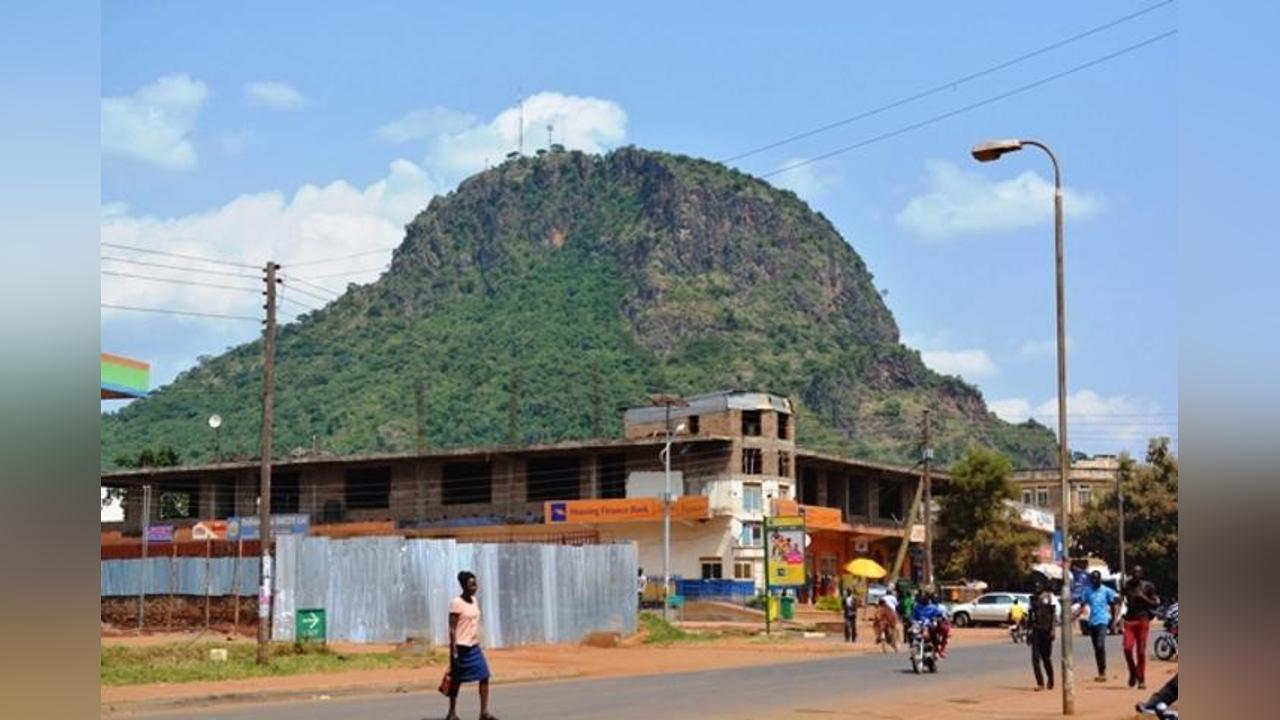Africa-Press – Uganda. The Ugandan government’s move to split Tororo District into three new administrative units has provoked strong opposition from political leaders and analysts who argue that the decision panders to tribal identity and threatens national unity.
Critics say the creation of the new districts is not about improving governance but about satisfying tribal demands, a move they warn could spur similar identity-based calls across the country.
“This is a misguided step,” said Dr Tanga Odoi, Chairperson of the National Resistance Movement’s Electoral Commission.
“Creating districts on tribal grounds is a slippery slope. If you start doing this, where do you stop? Every tribe will soon want their own district. It kills the spirit of patriotism and undermines the very fabric of our unity.”
Odoi, himself from the region, expressed concern that the district split would exacerbate the already inflated public sector and weaken service delivery rather than strengthen it.
While he acknowledged the importance of affirmative action in redressing historical injustices, he rejected the approach taken in Tororo as shortsighted.
“It would be imperative for government to be pushed in line with affirmative action, yes—but not like this, not by carving up the country in the name of districts. It’s a thirst that will not quench,” he said.
“It would be better for people to push for increased funding to existing districts to boost service delivery, not create more administrative units.”
Political analyst Elias Tumwebaze also criticised the move, warning that it sets a precedent for ethnic fragmentation.
He cited the growing agitation in Ayivu Division of Arua City, where residents are now demanding a separate district, as evidence of the decision’s ripple effect.
“Just days after the Tororo decision, we’re already seeing the ripple effect,” Tumwebaze said.
“This is not about better governance. This is about identity politics running amok.”
Tumwebaze argued that more districts do not necessarily mean better services. Instead, he warned of swelling administrative costs—more offices, more salaries, and more vehicles—without corresponding improvements in education, health, or infrastructure.
“Service delivery will only worsen under this model,” he said.
“When you create more districts without increasing capacity, you’re simply inflating the cost of administration.”
Both Odoi and Tumwebaze drew parallels between the demands of smaller ethnic groups and those of special interest constituencies like youth, women, and persons with disabilities, but questioned whether such representation truly builds a nation.
“It’s understandable that everyone wants to be seen and heard, especially in Parliament,” said Tumwebaze.
“But do we want a Parliament made up of tribal representatives or national leaders? Are we building a country or just dividing one?”
The proliferation of districts in Uganda—now numbering over 140—has long stirred debate.
While the state often justifies them as a way to bring services closer to the people, opponents say the real effect has been administrative bloat and the politicisation of identity.
“This country has already moved past the era of tribal divisions,” Odoi said.
“Reintroducing them through administrative units only sets us back. We need to be building bridges, not drawing more boundaries.”
With pressure already mounting from other regions following the Tororo split, the government now faces a defining question: whether to halt the march of district creation or allow the nation’s administrative map to fragment further under political pressure.
As the 2026 elections approach, and as regional leaders begin to respond to the Tororo precedent, observers say the decisions made now could shape Uganda’s unity for decades to come.
For More News And Analysis About Uganda Follow Africa-Press






